Strike Ballots, Democracy, and Law
This book critically evaluates mandatory strike ballots as a means of protecting the âdemocraticâ rights of workers. It starts from the proposition that virtually all national legal systems, and international law, recognise the right to strike as a fundamental human right. In no case, however, is this recognition without qualification. Amongst the most common qualifications is a requirement that to be lawful, strike action must first be approved by a ballot of workers concerned. In many instances, these requirements are said to be necessary to protect the democratic rights of the workers concerned: the so-called âdemocratic imperativeâ. The book draws upon a detailed empirical study of the Australian legislative provisions; a comparative analysis of law and practice in a wide range of countries, including Canada, South Africa, the United Kingdom and the United States; and the jurisprudence of the supervisory bodies of the ILO to evaluate the true purpose and effect of ballot requirements. It finds that in many instances such requirements â especially those relating to quorum â are more concerned with curtailing strike activity than with constructively responding to the democratic imperative. Paradoxically, it also finds the in some contexts ballot requirements can provide additional bargaining leverage for unions. Overall, however, the study confirms the authorsâ hypothesis that the principal purpose of ballot requirements â especially in Australia and the United Kingdom â is to curtail strikes rather than to vindicate the democratic imperative, other than on the basis of a highly attenuated reading of that term.
{{comment.content}}
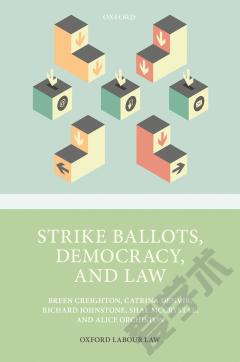
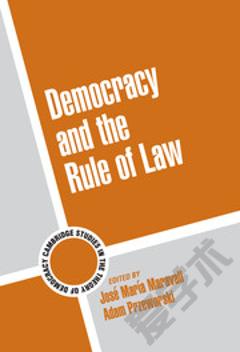


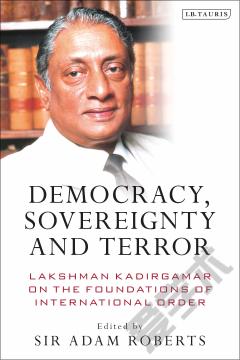
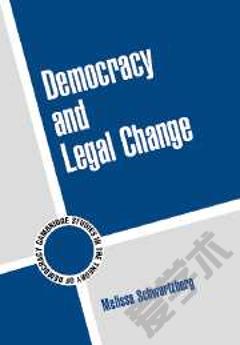
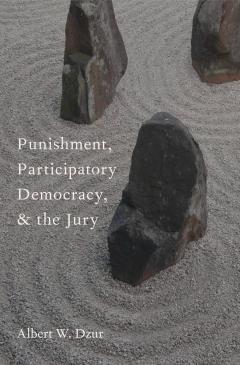

 京公网安备 11010802027623号
京公网安备 11010802027623号